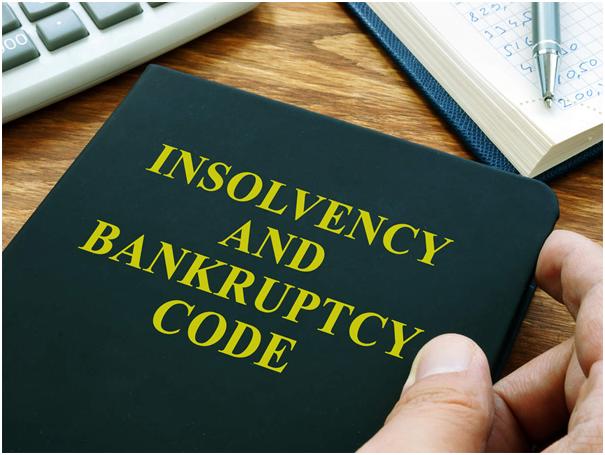@JUDGMENTTAG-ORDER
1. The Income Tax Appellate Tribunal, New Delhi, has referred the following question to law u/s 256(l) of the Income Tax Act, 1961 (hereinafter referred to as ''the Act'') for opinion to this Court:
"Whether, on the facts and in the circumstances of the case, the Appellate Tribunal was correct in law in directing the assessing officer to decide the assessee''s plea of partial partition on merit afresh by ignoring the provisions of section 171(9) of the Income Tax Act, 1961?"
The reference relates to the assessment years 1980-81 and 1981-82.
2. Briefly stated the facts giving rise to the present reference are as under:
The respondent-assessee is HUF According to the respondents partial partition had taken place in the HUF on 1- 1 - 1980. The Income Tax Officer invoking the provisions of section 171(9) of the Act, for both the assessment years, did not accept the plea of partial partition as in view of the said provision partial partition effected after 31-12-1978 is not to be recognized for the purposes of the Act. The order was affirmed in appeal by the Appellate Assistant Commissioner. However, feeling aggrieved the respondents preferred further appeal before the Tribunal. The Tribunal relying upon the decision of Madras High Court in the case of
3. Heard Sri Shambhoo Chopra, learned standing counsel for the revenue and perused the record. Nobody appears for the respondent-assessee.
4. We find that Apex Court in the case of
5. In view of foregoing discussion we answer the question referred to us in negative, i.e., in favour of the revenue and against the assessee. There shall be, however, no order as to costs.

